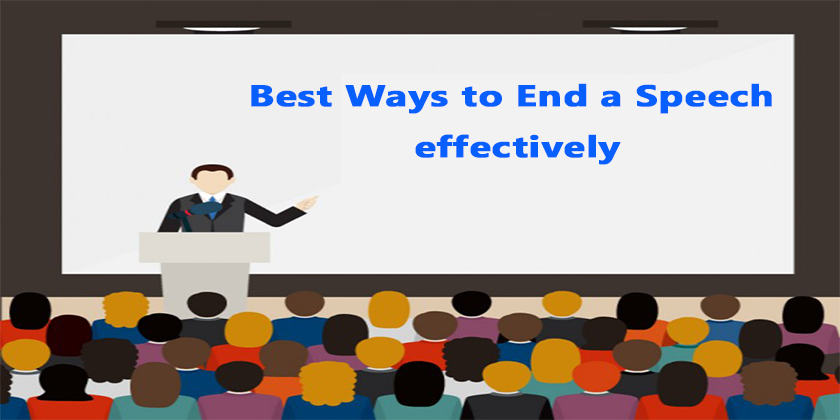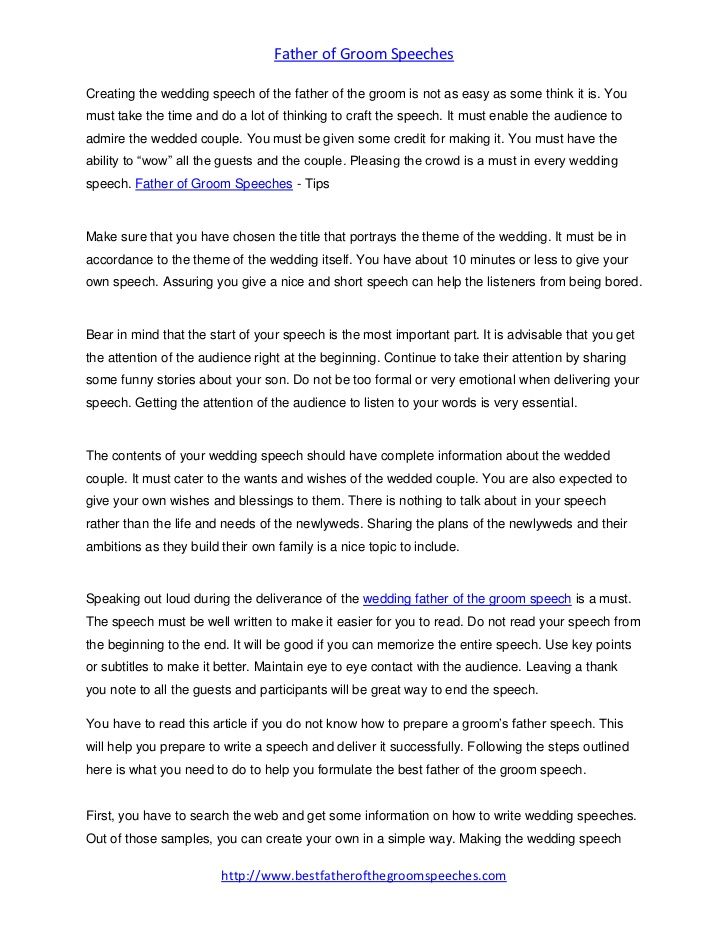How To End A Speech?
Have you ever found yourself at the end of a speech, unsure of how to wrap things up in a powerful and memorable way? Ending a speech can often be just as challenging as starting one. It’s the final opportunity to leave a lasting impression on your audience and ensure that your message resonates with them long after you’ve finished speaking. In this guide, we will explore strategies and techniques to help you end your speeches with impact and confidence. Whether you’re giving a presentation, delivering a keynote address, or even just speaking in a casual setting, these tips will equip you with the tools to conclude your speech effectively, leaving your audience inspired, informed, and wanting more.
The art of ending a speech is not only about finding the right words, but also about understanding the dynamics of communication and human psychology. It’s about creating a sense of closure, while also leaving room for further thought and reflection. How do you strike that perfect balance? How do you make sure that your ending is not only powerful, but also authentic to your own style and message? In this guide, we will delve into the different techniques you can employ to end your speech on a high note, from using compelling stories and quotes to incorporating call-to-actions and leaving your audience with a memorable takeaway. So, whether you’re a seasoned speaker looking to refine your skills or a beginner seeking guidance, read on to discover the secrets of ending a speech with impact and leaving a lasting impression on your listeners.
- Summarize key points and restate your main message.
- End with a memorable quote or anecdote.
- Encourage audience engagement through a call to action.
- Thank the audience for their attention and support.
- Leave a lasting impression with a closing statement that reflects the tone and purpose of your speech.

How to End a Speech?
Ending a speech is just as important as starting it. It’s your last chance to leave a lasting impression on your audience and reinforce your key message. Follow these steps to ensure a powerful and memorable conclusion to your speech.
Step 1: Summarize Your Main Points
Begin by summarizing the main points you have discussed throughout your speech. This will help reinforce the key messages and ensure that your audience remembers them. Keep your summary concise and to the point, highlighting the most important aspects of your speech. Avoid introducing new information at this stage, as it may confuse or overwhelm your audience.
For example, if you were giving a speech about the benefits of exercise, you could say, “In conclusion, we have discussed the importance of regular physical activity for our physical and mental well-being. We explored the various health benefits, such as improved cardiovascular health, increased energy levels, and reduced stress. It is clear that incorporating exercise into our daily routine is essential for leading a healthy and balanced lifestyle.”
Step 2: Provide a Call to Action
Next, provide your audience with a clear call to action. This is an opportunity to inspire and motivate them to take action based on the information you have presented. Your call to action should be specific, achievable, and relevant to your speech topic. It can be anything from encouraging them to make a change in their lives, supporting a cause, or further educating themselves on the subject matter.
Continuing with the exercise speech example, you could say, “I urge each and every one of you to take the first step towards a healthier lifestyle today. Whether it’s going for a walk, joining a gym, or trying a new fitness class, small actions can lead to significant changes. By prioritizing our health and well-being, we not only improve our own lives but also inspire those around us to do the same.”
Step 3: End with a Memorable Statement or Quote
To ensure your speech lingers in the minds of your audience, end with a memorable statement or quote. This should encapsulate the essence of your speech and leave a lasting impression. Choose a statement or quote that is thought-provoking, inspirational, or emotionally impactful. Make sure it aligns with your speech topic and resonates with your audience.
Concluding our exercise speech, you could end with a quote from a well-known fitness enthusiast: “Remember, exercise is not just about fitting into that dress or impressing others. It’s about taking care of our bodies, nurturing our minds, and embracing a healthier, happier life. As Aristotle once said, ‘We are what we repeatedly do. Excellence, then, is not an act but a habit.’ Let’s make exercise a habit and strive for excellence in all aspects of our lives.”
Conclusion
By following these steps, you can effectively end your speech on a high note, leaving a lasting impact on your audience. Remember to summarize your main points, provide a call to action, and end with a memorable statement or quote. With these techniques, you will leave your audience inspired, motivated, and empowered to take action.
Frequently Asked Questions
Here are some commonly asked questions about how to end a speech:
1. How do I make a strong closing statement?
To make a strong closing statement in your speech, you can consider the following tips:
Firstly, summarize the key points you have made throughout your speech. This will help reinforce your main message and ensure that your audience remembers the important takeaways.
Secondly, end with a powerful and memorable quote or anecdote that relates to your topic. This can leave a lasting impression on your audience and make your speech more impactful.
2. Should I use visual aids or props in my closing?
Using visual aids or props in your closing can be effective in enhancing your message and engaging your audience. However, it is important to use them sparingly and ensure that they add value to your speech.
If you choose to use visual aids, make sure they are clear, concise, and easy to understand. Avoid overcrowding your closing with too many visuals, as it can distract your audience from your main message.
3. What are some effective ways to end a speech with a call to action?
Ending your speech with a call to action can inspire your audience to take the desired action. Here are a few effective ways to do so:
Start by clearly stating the action you want your audience to take. Be specific and provide them with the necessary information or resources to follow through.
Additionally, you can appeal to their emotions and values, highlighting the potential impact of their actions. Use persuasive language and make your call to action compelling and urgent.
4. How can I leave a lasting impression on my audience?
To leave a lasting impression on your audience, try incorporating the following techniques:
Firstly, end your speech with a strong and memorable statement that encapsulates your main message. This will help ensure that your audience remembers your speech long after it is over.
Secondly, consider using storytelling or personal anecdotes to make your speech more relatable and engaging. Connecting with your audience on an emotional level can leave a lasting impact.
5. Should I rehearse my closing before delivering the speech?
Rehearsing your closing before delivering the speech is highly recommended. By practicing your closing, you can ensure that it flows smoothly and effectively conveys your intended message.
During rehearsal, pay attention to your tone, pacing, and body language. This will help you deliver a confident and impactful closing that resonates with your audience.
In conclusion, ending a speech is a critical aspect of effective communication. By employing the techniques discussed in this article, you can leave a lasting impression on your audience and ensure that your message resonates long after you have left the stage. Remember to emphasize your key points, use powerful language, and leave your audience with a call to action or a thought-provoking question. By doing so, you can inspire and motivate your listeners, leaving them with a sense of empowerment and a desire to take action.
In the end, the art of ending a speech boils down to connecting with your audience on a deep emotional level. Whether it’s through a compelling story, a powerful quote, or a personal anecdote, you have the power to leave a lasting impact. So, take the time to craft a strong and memorable conclusion that reinforces your main ideas and leaves your audience inspired. With practice, you will become adept at ending your speeches with style and grace, leaving your listeners eager to hear more from you in the future.



